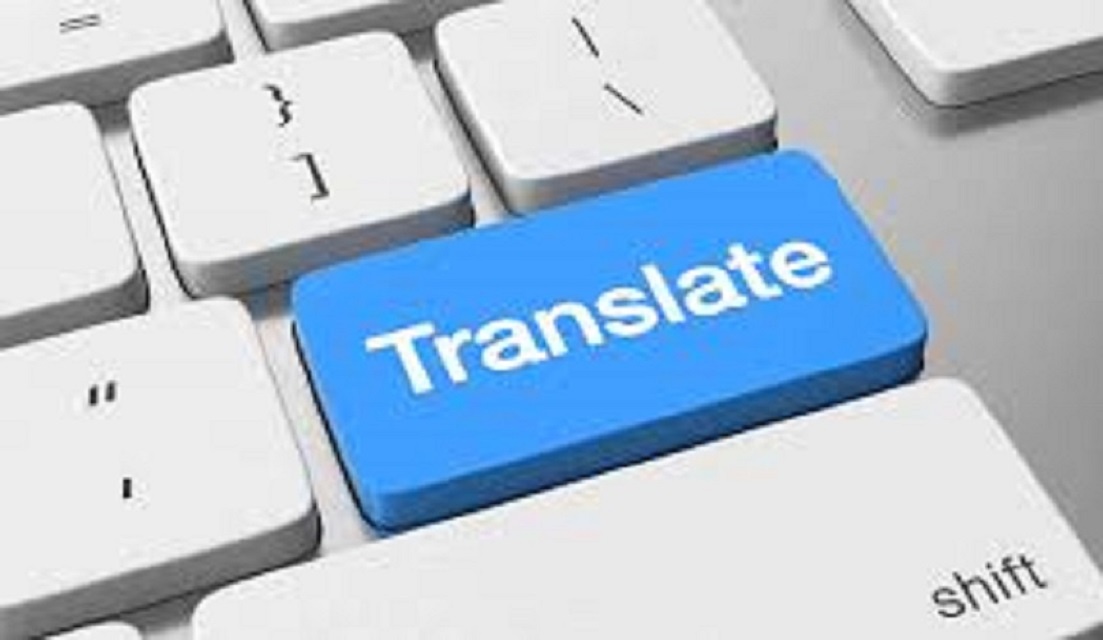In today's interconnected world, translation services play a crucial role in breaking down language barriers and facilitating global communication. With advancements in artificial intelligence (AI) and machine translation, there has been a growing debate about the relevance and necessity of human translation. While AI and machine translation have certainly made significant strides, human translation remains vital for several reasons. This article explores the unique advantages of human translation in a world increasingly reliant on technology.
- Cultural Nuances and Contextual Understanding
One of the fundamental challenges of translation is capturing the intricate nuances and cultural context of a language. Language is not just a set of words; it is deeply rooted in a specific culture, history, and social context. Human translators possess the ability to understand these nuances and adapt the translation accordingly, ensuring accurate and culturally appropriate communication. They can decipher idiomatic expressions, humor, and cultural references that machines might struggle to grasp accurately. By preserving the original meaning and cultural essence, human translators bridge the gap between languages, fostering meaningful cross-cultural understanding.
- Complex and Specialized Content
AI and machine translation algorithms excel in handling simple and straightforward texts with standardized structures. However, when it comes to complex and specialized content, such as legal, medical, or technical documents, human translation is indispensable. These domains often involve intricate terminology, industry-specific jargon, and highly technical concepts that require in-depth subject matter expertise. Human translators possess the necessary knowledge and expertise to navigate these complexities, ensuring accurate and precise translations. They can conduct research, consult reference materials, and rely on their experience to produce high-quality translations that machines simply cannot match.
- Creative and Marketing Translations
Translation is not just about converting words from one language to another; it is an art that requires creativity and linguistic finesse. Creative translations, such as those in literature, marketing, or advertising, demand a delicate balance between staying faithful to the original message and adapting it to resonate with the target audience. Human translators bring their creative sensibilities to the table, carefully crafting translations that evoke the same emotions and impact as the source text. They have the ability to capture the tone, style, and cultural references necessary for effective communication, ensuring that the translated content is compelling and engaging.
- Quality Assurance and Revisions
Language is complex and ever-evolving, and translation is not a one-size-fits-all process. It requires meticulous attention to detail and continuous quality assurance to ensure accuracy and consistency. Human translators offer the advantage of proofreading, editing, and revising translations to refine the final product. They can catch errors, ambiguities, and inconsistencies that may go unnoticed by AI or machine translation algorithms. Through this iterative process, human translators can deliver polished and error-free translations, instilling confidence in the accuracy and reliability of the content.
- Ethical Considerations and Confidentiality
In an era marked by privacy concerns and data breaches, the issue of ethical considerations and confidentiality is paramount. Professional human translators adhere to strict codes of conduct and maintain the highest standards of confidentiality. They understand the sensitivity of the information they handle and prioritize the privacy and security of their clients. Machine translation, on the other hand, raises concerns about data privacy, as the algorithms used may not guarantee the same level of security. Human translators offer peace of mind, ensuring that sensitive information remains protected and confidential.
Conclusion
While AI and machine translation have undoubtedly revolutionized the field of translation, human translators continue to play a vital role in bridging language gaps and fostering effective communication. Through their cultural understanding, subject matter expertise, creative prowess, attention to detail, and ethical considerations, human translators bring a unique set of skills and advantages that machines cannot replicate. In a world that values accurate and nuanced communication, human translation services remain indispensible.


No comments yet